Twenty-five years ago, Dr. Mary Pipher noticed that American culture had been poisoning the lives of adolescent girls. So the clinical therapist wrote the ground-breaking, #1 New York Times bestseller, Reviving Ophelia, a call-to-arms, told in the voices of the girls themselves, that jump started a change.
Today, at 71-years-old, Pipher isn’t finished with transforming our culture’s outlook on women, and she’s penned a new rallying cry—this time for older women—called Women Rowing North: Navigating Life’s Currents and Flourishing as We Age.
“I always write about what I want to understand,” says Pipher, who still lives in Lincoln, Nebraska. “I always dig into a book to understand a complicated problem. In Reviving Ophelia, what I was seeing with teenage girls in my office in no way matched the cultural theories of what they were like, and that discrepancy was what I wanted to explore.”
Cultural Dissonance
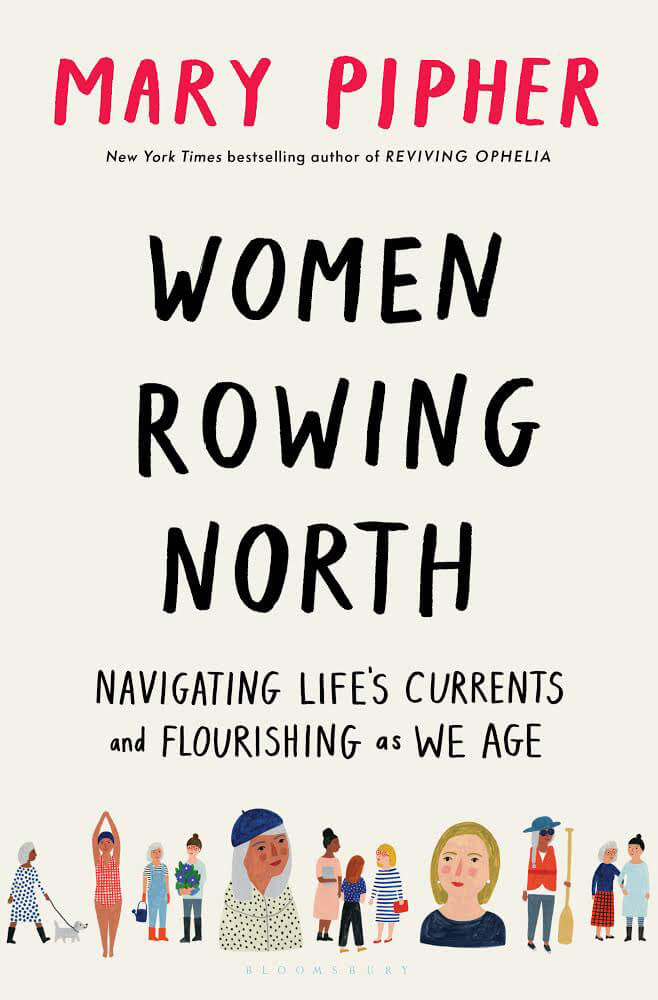 Culturally speaking, as women age, we contend with ageism, misogyny, and loss. “The cultural script of older women is all about diminishment,” Pipher notes. “In my experience, actually what we experience and talk about is growth and happiness and creativity and joy. And we have all the demographic data to back that up—that older women are the happiest people in our population, but the story our culture tells is the actual opposite.”
Culturally speaking, as women age, we contend with ageism, misogyny, and loss. “The cultural script of older women is all about diminishment,” Pipher notes. “In my experience, actually what we experience and talk about is growth and happiness and creativity and joy. And we have all the demographic data to back that up—that older women are the happiest people in our population, but the story our culture tells is the actual opposite.”
Our mothers and grandmothers are not models for aging well in 2019.
That dissonance—as well as her own personal experiences as an aging woman in our culture—got Pipher interested in delving deeper, in exploring the question of how women age well. “Our generation, the Baby Boomers, we don’t have any models to age our way,” Pipher says. “Our mothers and grandmothers are not models for aging well in 2019. I saw this age as such a portal for growth, and that’s really why I wrote this book.”
Pipher interviewed hundreds of women from all over the country and from all walks of life, and they were from all different social, ethnic, racial, and sexual orientations. “I worked hard at making sure to include [lots of women] who were not white, middle-class women,” Pipher says. “I just learned a lot from this. I interviewed [as many] resilient women as I could. I know that there are women who are grumpy and complaining, but their stories aren’t the stories I wanted to tell. This book is about how women make their lives workable and enjoyable no matter what.”
Setting Boundaries
One of the big takeaways is that resilient women in this life stage stop saying “eventually.” “If there are things they want to do in their lives, now is the time to do it,” Pipher says. “One of the gifts is that people who always wanted to learn to play piano, take piano lessons, or people who want to write a memoir, write a memoir, or people who want to travel to Switzerland, travel to Switzerland. It’s a really wonderful life stage to realize that where we are is in this moment, to really enjoy and savor today.”
We have nothing to lose. We can afford to be who we truly are …
Resilient women have also learned better self-protective skills. “We have the power to say no, to say yes, to set boundaries and have greater self acceptance,” Pipher says. “We have nothing to lose. We can afford to be who we truly are, that living a life out of honesty and authenticity is a really beautiful thing.”
As a result, older women are experiencing more bliss on a regular basis. “There are a lot of theories why, but the most important reason is we don’t tend to be in a hurry,” Pipher says. “You experience bliss when you are slow, when you have time to sit and drink a cup of coffee and look at the birds outside or manage to get outside and sit on a bench and watch the sun go down. Those experiences orchestrate bliss.”
In other life stages, when she was a working mother, Pipher says she didn’t have the time, between work and children, on some days even get to the bathroom. “All of a sudden, I now have time to do these things where I am more likely to have these really beautiful moments,” she says.
Never Too Late
That’s not to say that Pipher has all the answers or that she’s blissed out, happy all the time. “I’m not a naturally sunny person,” she says. “What I know about being happy is very hard won. I, like everyone else, have very grumpy days, and I forget to be grateful. What I do know is how to be happy. I don’t claim to be an expert, but over the years, especially in writing this book, I figured out the processes that makes women happy, and it’s never too late to start.”
“When you wake up in the morning, as you have that first cup of coffee, have a positive thought about your day,” she says. “It’s never too late to start developing more friends, never too late to be engaged in the world. It’s never too late to decided to be happy and develop resilient skills.”
People have the ability to make choices, and the choices can give them agency and the opportunity to grow.
For herself, personally, Pipher is an activist, and she’s always engaged in projects and things to better her community and her world. “But for someone who isn’t much engaged, for her, maybe it’s that when she goes out shopping, to make an extra effort to visit with clerks or smile at people on the street or talk to her neighbors,” Pipher says. “It’s like telling a depressed woman who comes into therapy to have faith in the process. If you follow it, you will be happier. The woman can choose to follow it or not follow it, but I believe that people have the ability to make choices, and the choices can give them agency and the opportunity to grow.”
The Pendulum and the Catalyst
One thing, Pipher says, that will help women—of all ages—to be happier is to regularly meet with and engage with friends. “Women friends end up being the emotional and mental health insurance policy for later years, and the main advice I give to my younger friends is to have a really good, solid group of women friends you see regularly,” she says. “You really need to stay connected to other people.”
Pipher also says that if she is having a particularly challenging day or feeling grumpy, she will think of someone to call on the phone. “Who would be really happy if I called them up?” she says. “Maybe my call will be the only call they got that day, and they will be so happy to have someone interested. There’s always some way to be connected to other people if you want to be connected to other people.”
Women friends end up being the emotional and mental health insurance policy for later years.
Life at this stage, Pipher also emphasizes, is definitely tinged with sadness. “The joys and sorrows of this life stage are as mixed as sea salt and water,” she says. “We all have experienced loss. This life experience is kind of a pendulum movement between joy and happiness and well being, and grief and loss.”
“The sorrow and the joy mixed together is what makes this such a catalytic stage for growth,” she says. “What I’m hoping my book will do is start a new conversation about this life stage. It would be such a gift to women in my age to shift the focus for how we see this life stage.”
In just three months, the 25th anniversary edition of Reviving Ophelia, which Pipher updated with her daughter Sara Gilliam, will come out. “They really are book ends to each other,” she says. “The way our culture sees teenage girls and how harmful and destructive that is to everyone, and the way this culture sees older women is harmful to (not just) older women but it’s harmful to the whole culture. Margaret Mead said the ideal human culture has a place for every human gift, and one of the things I’d love to see happen with this book is to see how women’s gifts at this life stage are acknowledged and valued.”
***
Jeanette Hurt is the award-winning writer and author of eight culinary and drink books, including the recent Drink Like a Woman and The Cheeses of California: A Culinary Travel Guide, which received the 2010 Mark Twain Award for Best Travel Book. She lives in Milwaukee with her husband and son.
Feature image of Mary taken by Sarah Greder.



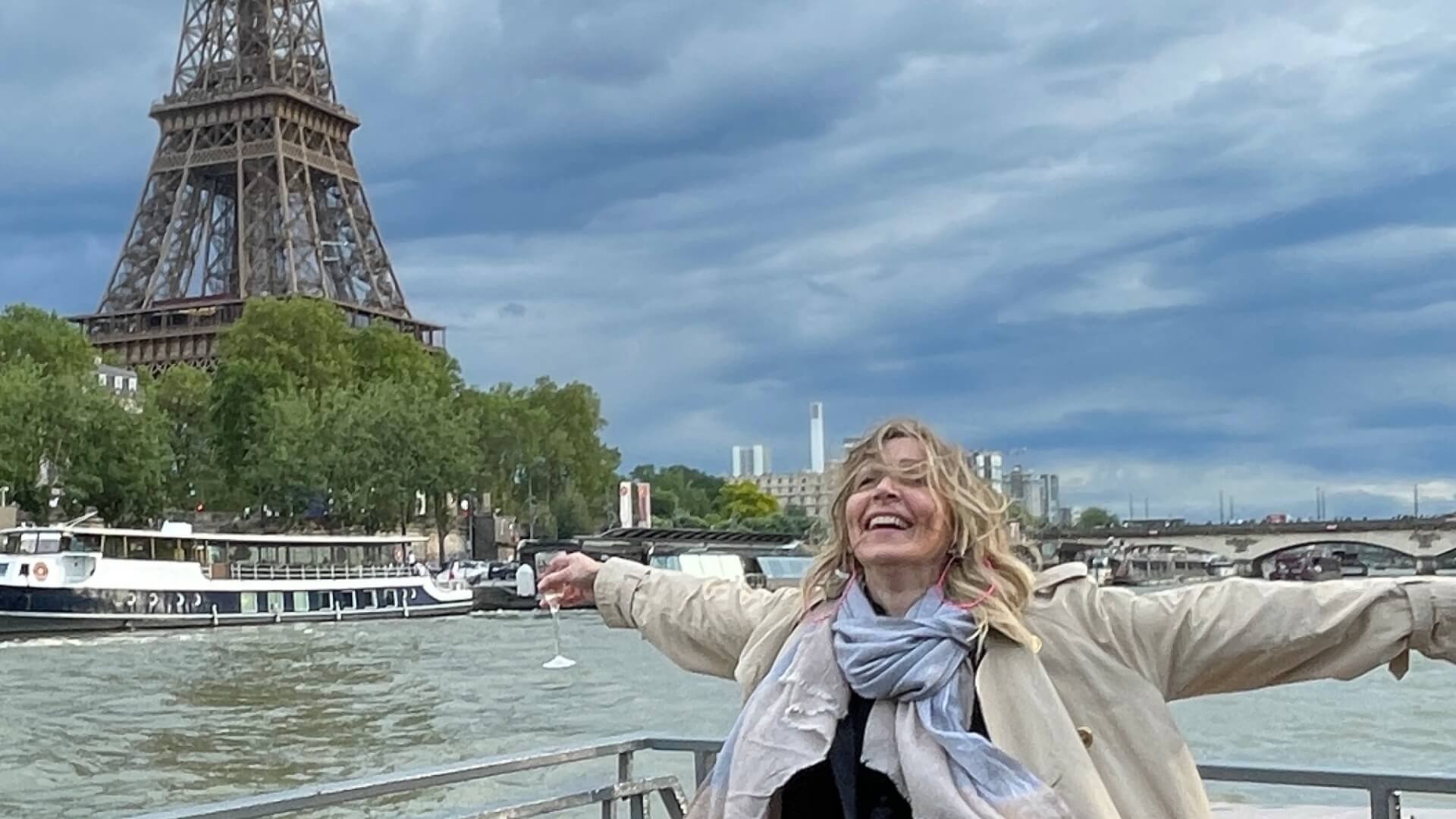




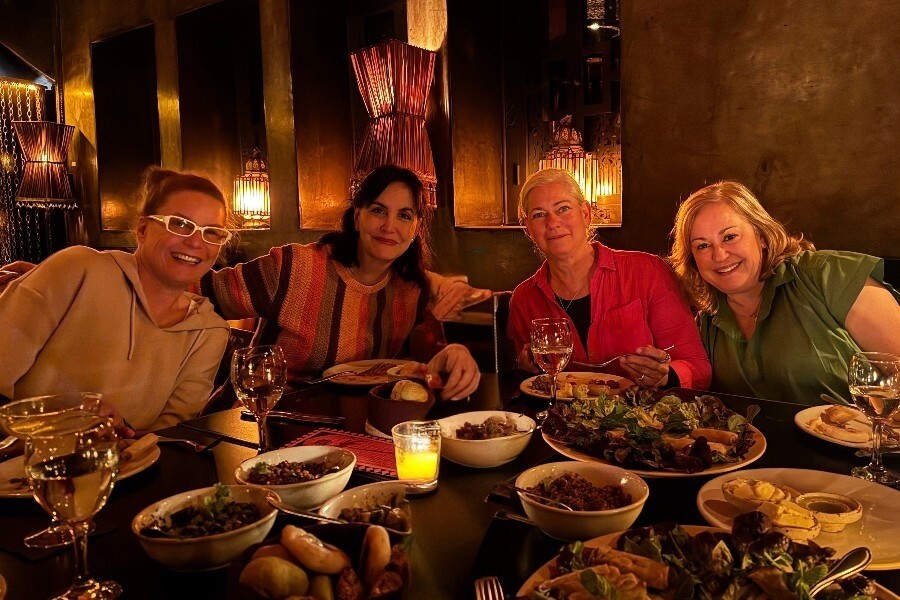
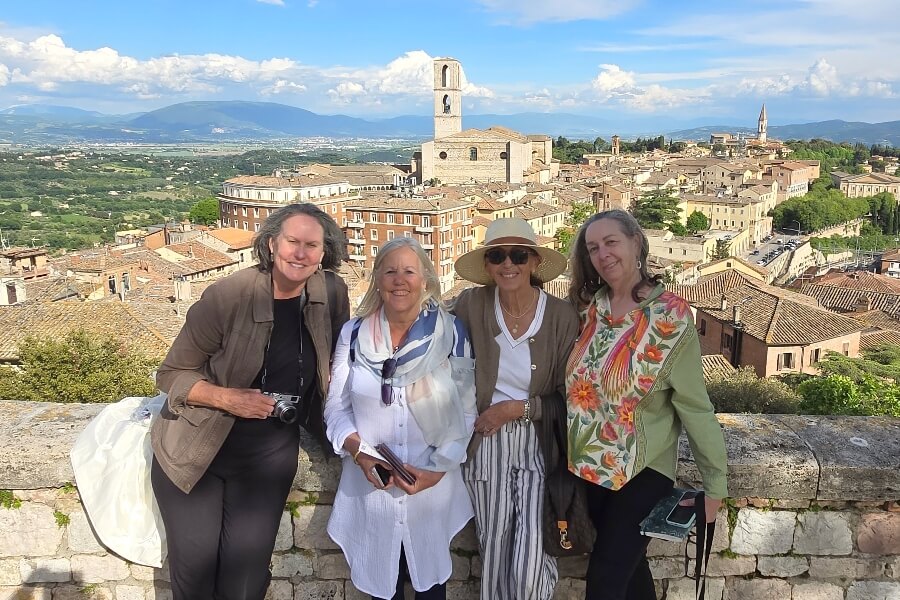


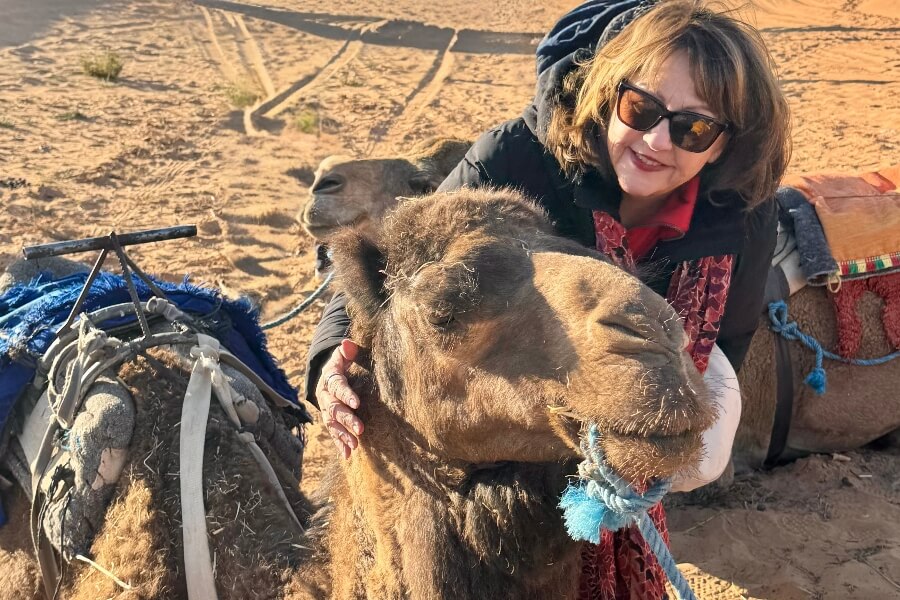
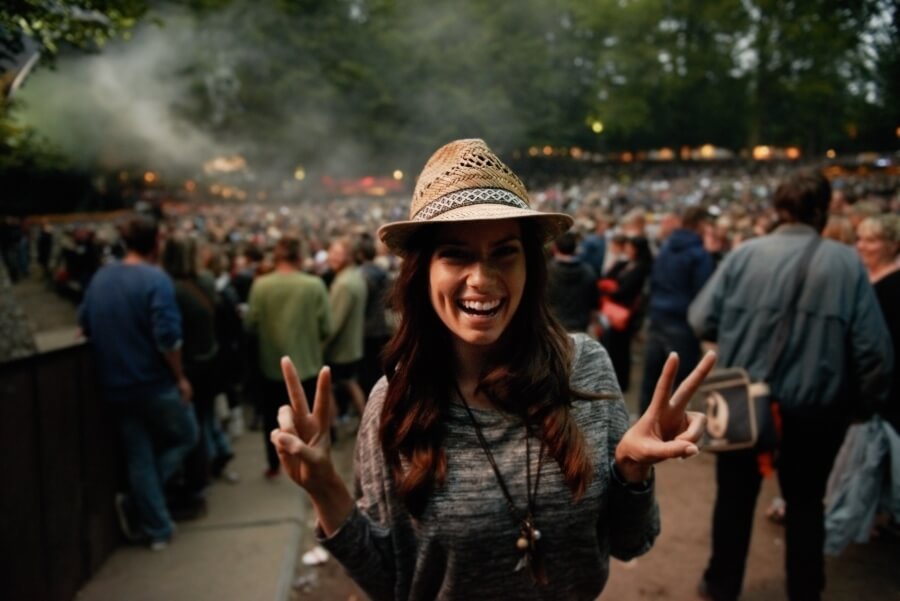
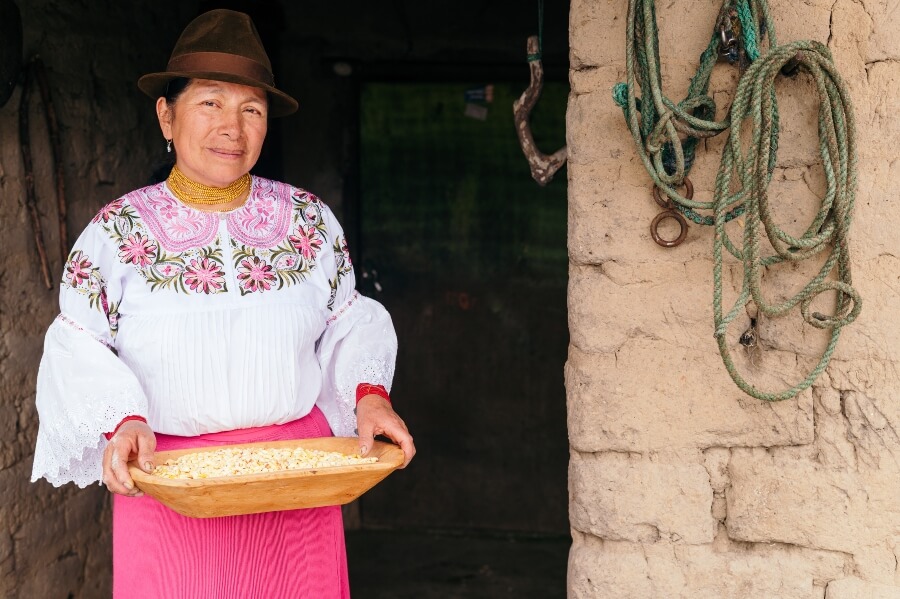
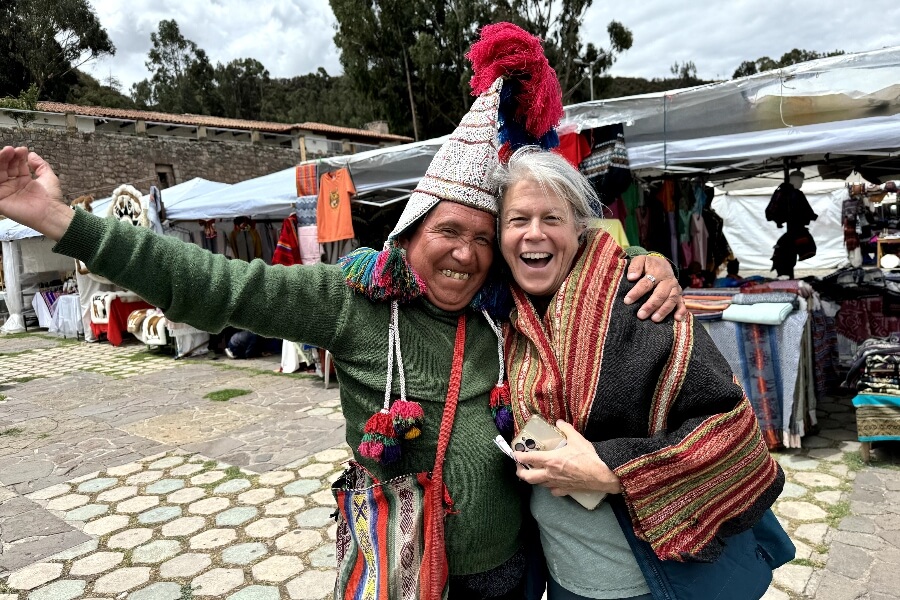

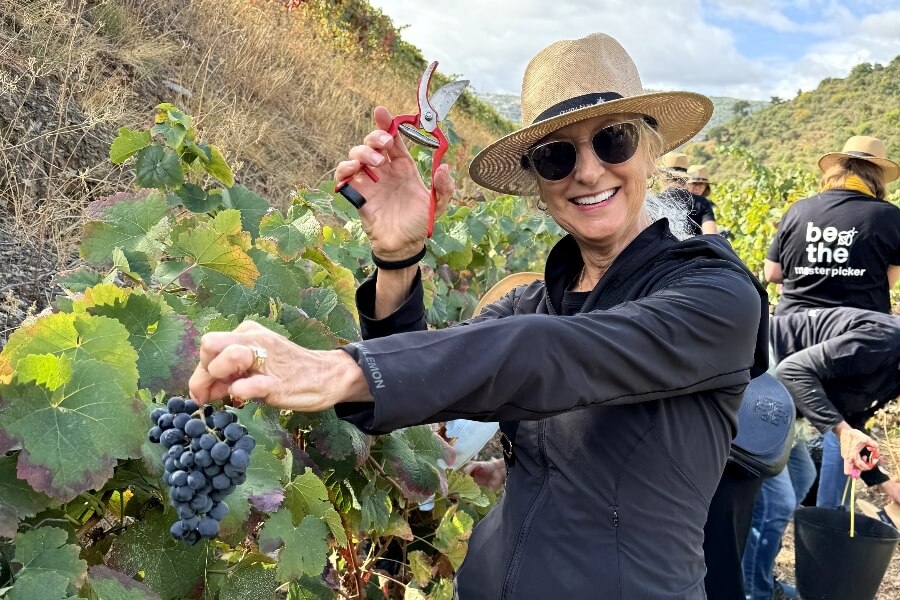

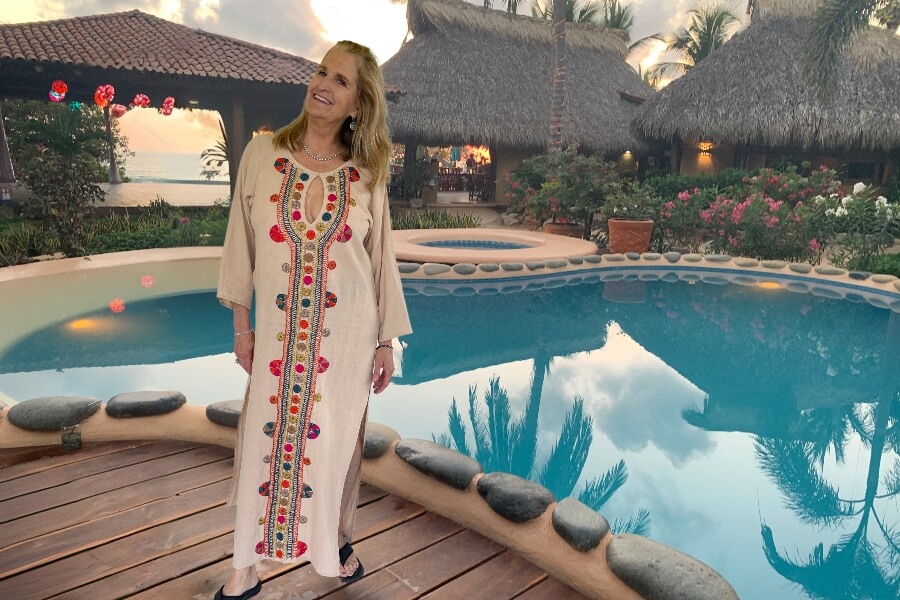


0 Comments